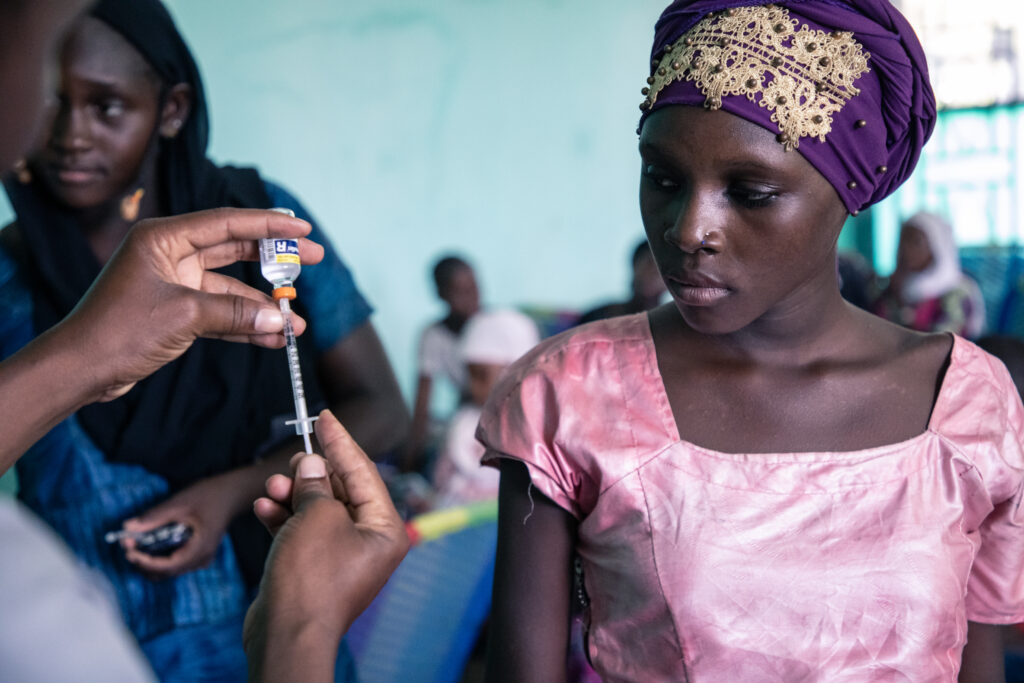In 2007, there were only 28 people in Mali under the age of 25 with diabetes. It wasn’t that type 1 diabetes (T1D) didn’t exist in the African nation—rather the condition wasn’t being diagnosed or treated sufficiently, causing countless lives to be lost.
Until the mid-2000s, most young people in Mali died within a couple of years of a T1D diagnosis. Insulin was not widely available and cost approximately $11 per vial. Syringes and diagnostic tests were not easily accessible, and also posed a financial burden to those who needed them. Issues with the supply chain for medicine and laboratory equipment were also frequent. Patients and their families had to bear the entirety of the cost of managing diabetes, as no government or other support was available.
“Before Life for a Child joined forces with local partner Santé Diabète, in 2007, there were only 28 young people living with T1D in Mali. At this time, very limited care was available, and sadly most young people died within a couple of years of a T1D diagnosis.”
Dr Graham Ogle, General Manager, Life for a Child
But just five years later, the prognosis for young people living with T1D in Mali was radically different. Through the intervention of Life for a Child, a program that works to provide diabetes care throughout the developing world, and the French NGO Santé Diabète, hundreds of Malian lives were saved.
Today, the total number of young people living with T1D in Mali is over 1,000.
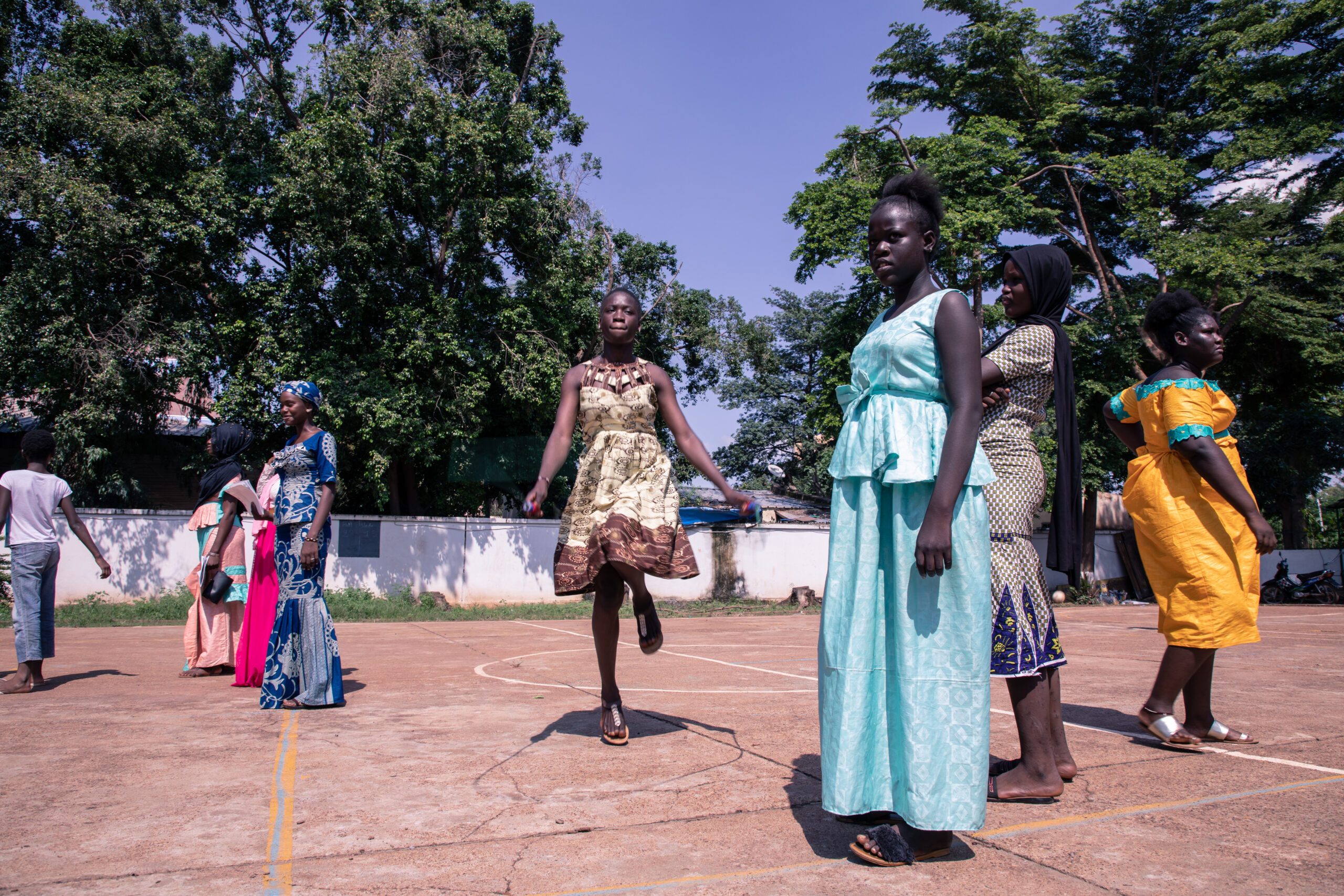
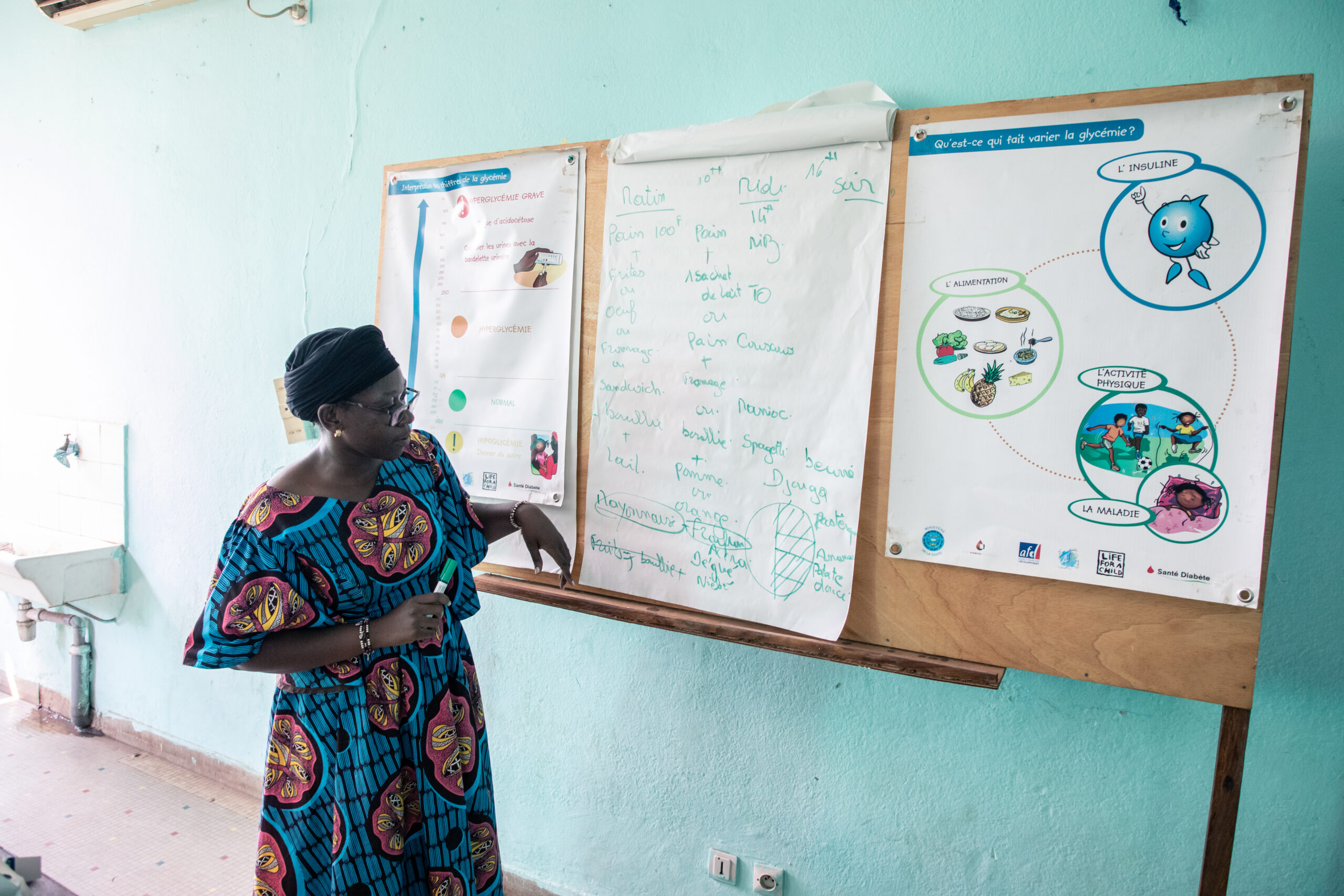
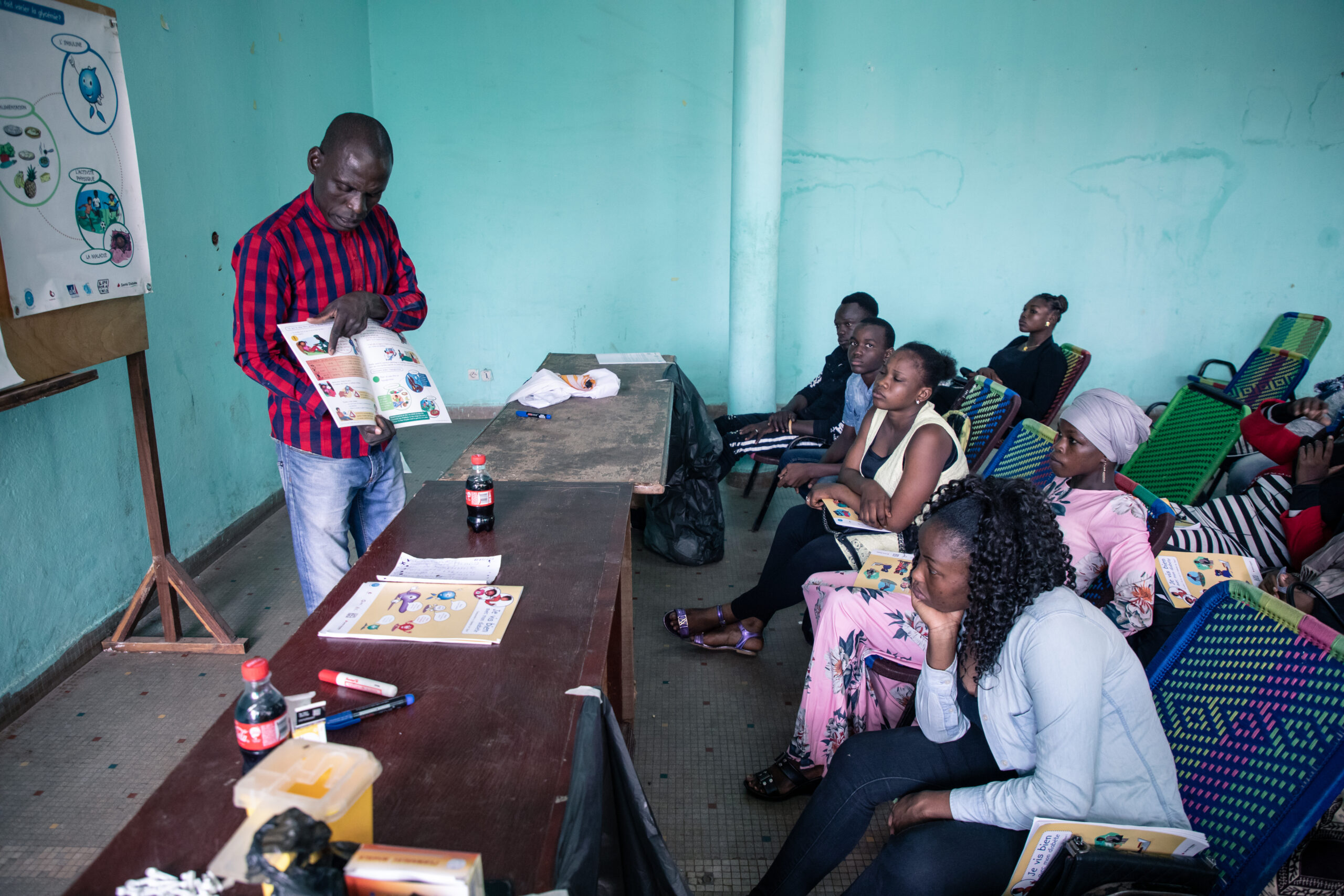
The joint program between Life for a Child and Santé Diabète began with the basics: providing young people with insulin and the supplies they needed to manage their T1D. Then, in 2013, Life for a Child ran a poster campaign in health facilities across the country, raising awareness of the symptoms of T1D to prevent deaths from misdiagnosis or late diagnosis. Over 1,600 posters were distributed throughout Mali. The campaign was ultimately hugely successful in facilitating more timely diagnoses of type 1 diabetes.
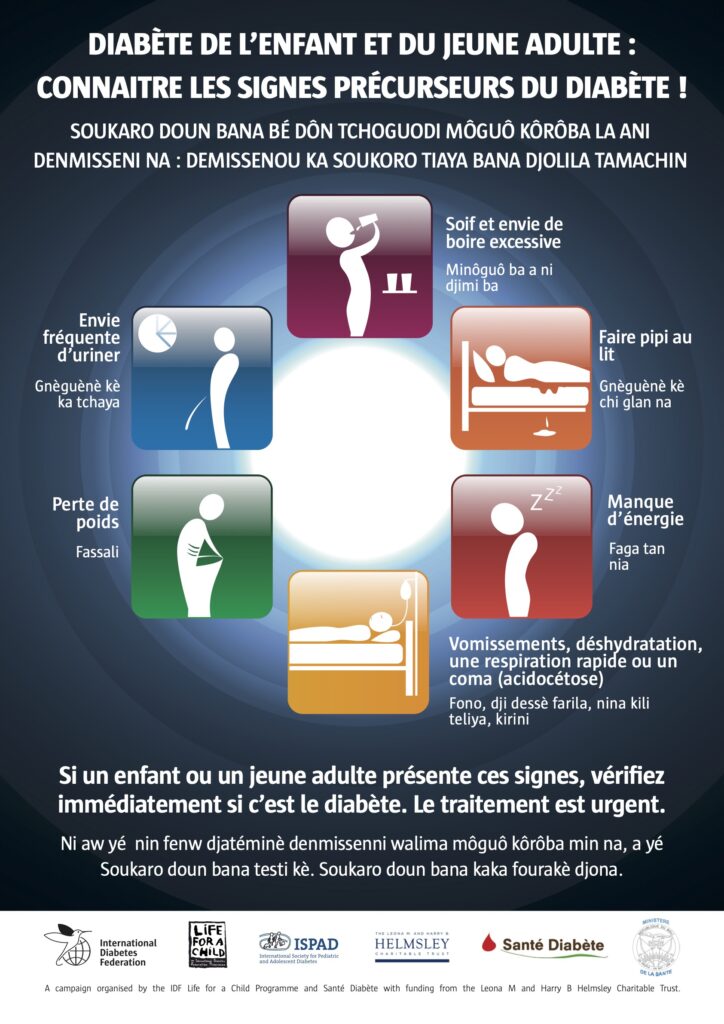
Santé Diabète now works in close partnership with the Malian government to ensure that medical care and diabetes education is provided to its people. Life for a Child supports these efforts by helping to supply essential items like insulin, syringes, test strips, HbA1c testing, and education resources.
Thanks to these measures, T1D management in Mali is far better than it was 15 years ago. Children and young people with diabetes in most areas of Mali are now able to access care. 32 diabetes clinics have now opened throughout different regions of the country and T1D specialists are now employed at local hospitals.
“The partnership between Santé Diabète, Life for a Child, and the Malian authorities has helped change the lives of children and young adults with type 1 diabetes. The situation today is radically different in Mali.“
Stéphane Besançon, CEO of Santé Diabète
